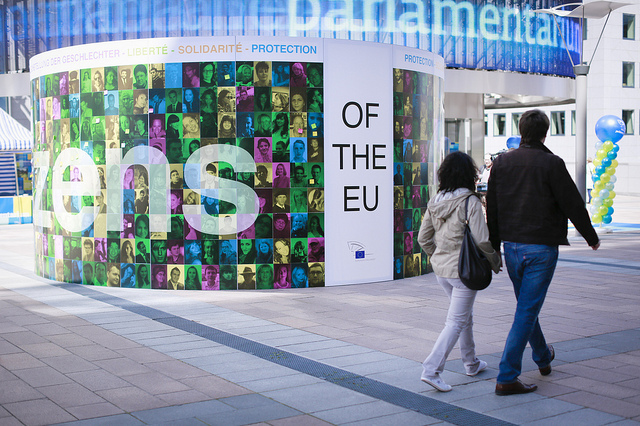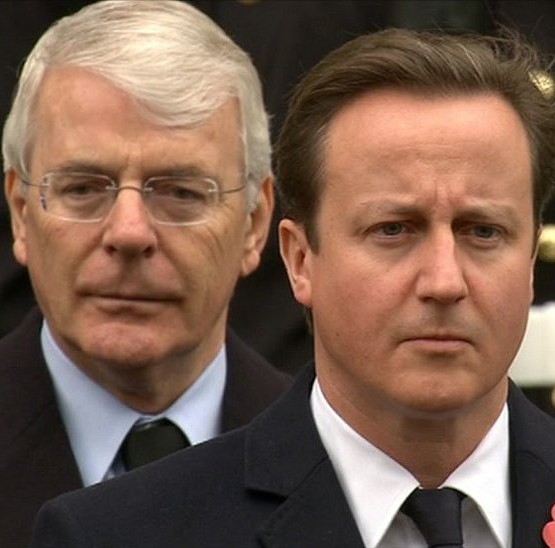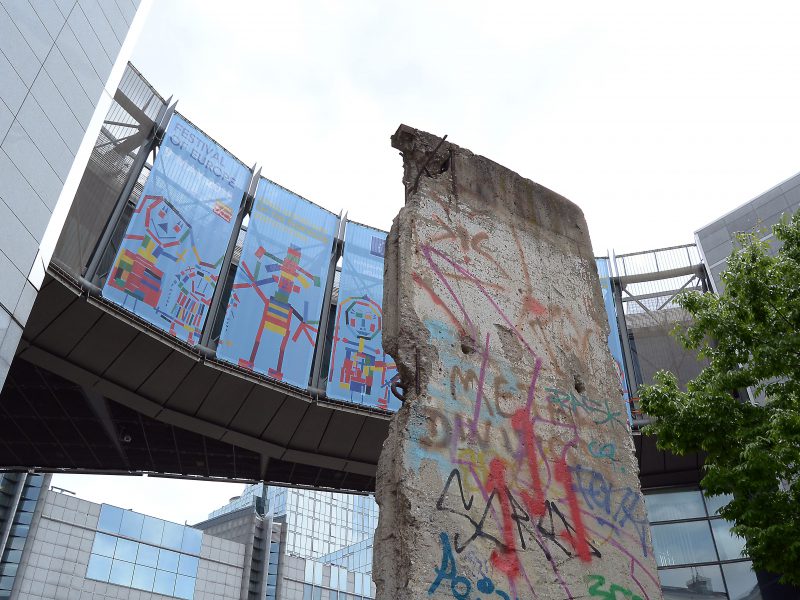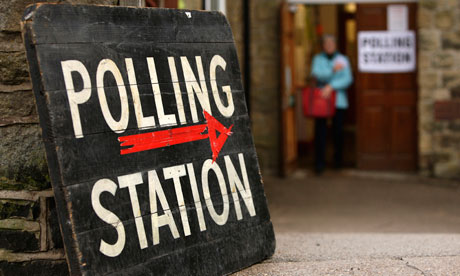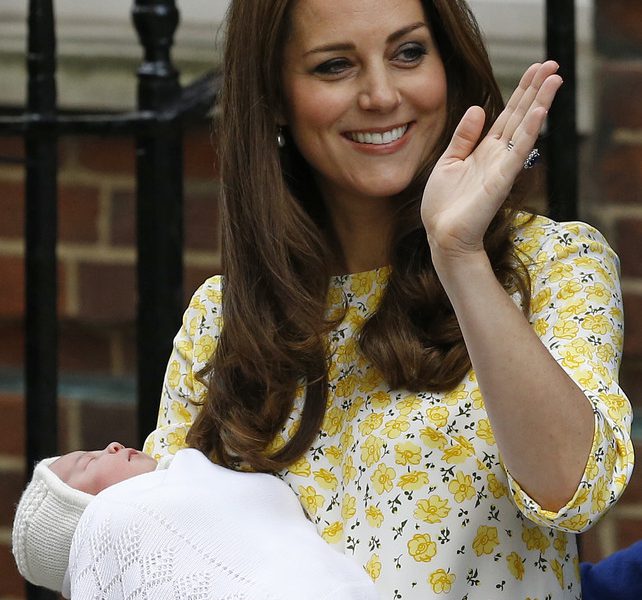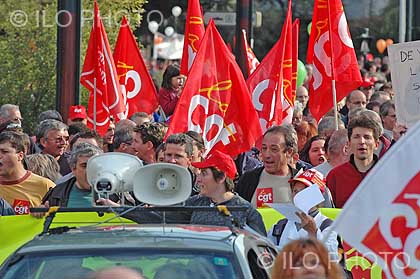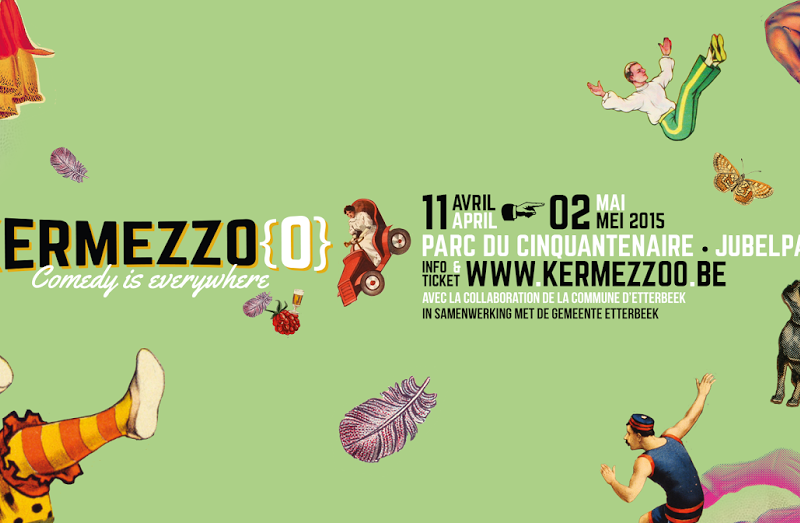Europe was built on political courage
Every year, the 9th of May is celebrated across Europe by young and old, by cities and schools, by Europeans and by their non-European friends. They organize competitions, concerts, flash mobs, or activities with a more educational component such as identifying EU member states on a map or associating them with their national flags. Europe Day plays the role of a unifying European symbol, but it is also an important historic day that teaches the lesson of political foresight. On this day, 65 years ago, French Foreign Minister Robert Schuman gathered international correspondents at Quai d’Orsay on the shores of river Seine to announce his famous Declaration, which would lay down the European Union’s foundations.

